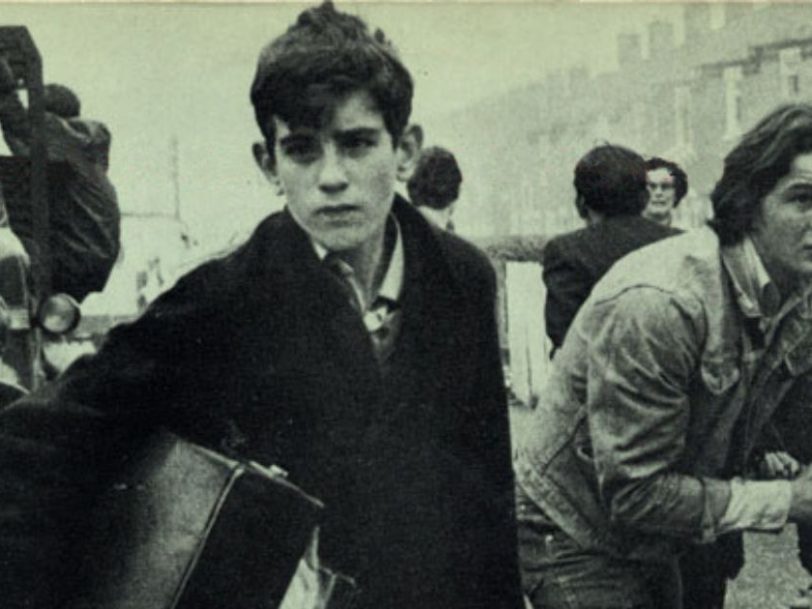Released in the summer of 1980, Searching For The Young Soul Rebels remains one of the best debut albums of all time. The work of a unique vision, it saw Dexys Midnight Runners frontman Kevin Rowland take the spirit of punk and apply it to something wholly his own – a passionate and intense take on 60s soul and funk, with lyrics that reflected a lifetime’s worth of frustrations and insecurities, all topped off with a pinch of bravado. It sounded like nothing else back then, and it still bristles with a confrontational energy.
Listen to ‘Searching For The Young Soul Rebels’ here.
Rowland’s audacious punk-soul mix was a winning combination: the album’s lead single, Geno, was a UK No.1 in March 1980; it’s follow-up, There, There, My Dear, reached No.7 in June; and Searching For The Young Soul Rebels itself hit No.6 on the album chart. Yet, Rowland’s strict management of the group caused friction, and Dexys disbanded in 1981, leaving the singer to start again. The team that met in caffs were no more.
“No one else was talking about soul. It had potential to be radical”
Rowland and guitarist Kevin Archer formed Dexys Midnight Runners in 1978, after a stint in the short-lived punk band The Killjoys. The frenetic punk blast of that group’s sole single, Johnny Won’t Get To Heaven, may have been a world away from Searching For The Young Soul Rebels, but Rowland’s uncompromising attitude was already on display. Still, the pair swiftly became disillusioned with the limitations of punk and set out on a new path, determined to make music truer to their tastes – particularly the 60s soul and funk found on Stax and Atlantic Records.




